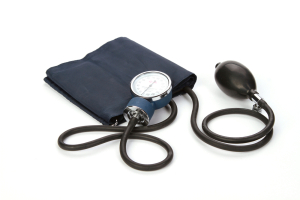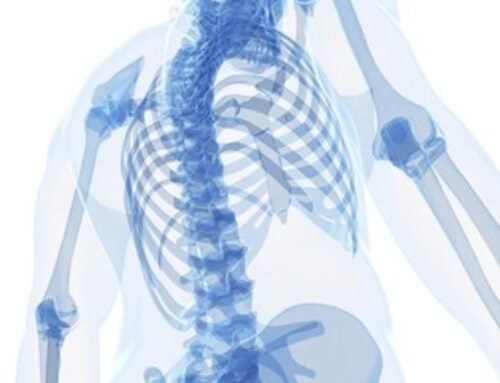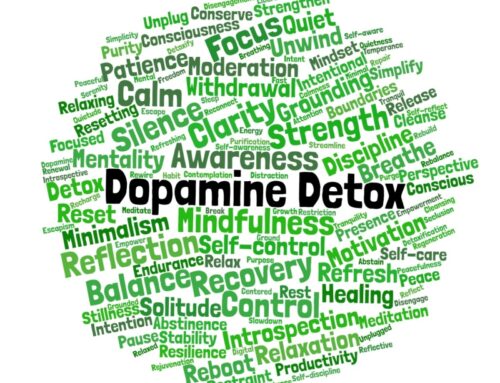An editorial in the New York Times has been recently making the rounds. In the article, Dr. Dean Ornish dogmatically blasts high-protein diets, saying that excess meat and fat consumption is the driving force of chronic health problems in our nation. He denies that egg yolks and bacon might be considered healthy, and uses loose studies to attempt to prove causation when looking at animal food intake and chronic disease risk.
Unfortunately, Dr. Ornish and other well-known health commentators are looking at 2015 health concerns through 1984 glasses.
A more contemporary health researcher, Dr. Michael Eades, retorted that, based on the exact epidemiological data, Dr. Ornish is incorrectly interpreting that, “starch and sugar consumption is way up, while that of meat hasn’t changed. Egg and dairy consumption has actually decreased.” The argument that our increased intake of meat and eggs is causing obesity and a rise in heart disease is not only incorrect, but also potentially dangerous.
 As a chiropractor and whole-health advocate, I believe it is dangerous because the weight of the evidence supports the theory that a higher protein diet can assist weight loss, stabilize blood sugar, prevent muscle wasting, and prevent Hypothalamus-Pituitary-Adrenal axis dysregulation when under chronic stress. Not to mention the fact that there are essential nutrients in animal foods that are impossible to get from a plant-based diet low in B-12, essential amino acids, and a variety of other vitamins and minerals.
As a chiropractor and whole-health advocate, I believe it is dangerous because the weight of the evidence supports the theory that a higher protein diet can assist weight loss, stabilize blood sugar, prevent muscle wasting, and prevent Hypothalamus-Pituitary-Adrenal axis dysregulation when under chronic stress. Not to mention the fact that there are essential nutrients in animal foods that are impossible to get from a plant-based diet low in B-12, essential amino acids, and a variety of other vitamins and minerals.
While most health commentators are focused on cholesterol levels, we should be emphasizing the concern of high blood pressure. High blood pressure, hypertension, is the most important risk factor for premature death, accounting for half of all deaths caused by cardiovascular disease and 13.5 percent of all deaths each year.
Our American diet is so unhealthy that 9 out of 10 Americans are expected to develop high blood pressure by the age of sixty-five.
With this in mind, it is no exaggeration to suggest that keeping blood pressure under control is essential for extending life expectancy. Like most other chronic diseases, high blood pressure is caused by a mismatch between our genes, the modern diet, and lifestyle. High blood pressure affects only one percent of third-world populations that still follow a traditional farming diet. But the prevalence increases when those cultures adopt a Western diet and lifestyle that is characterized by processed and refined foods, sedentary behavior, chronic sleep deprivation, a lack of sun exposure, and excess use of caffeine, alcohol, and tobacco.
Prescription blood pressure medications come with their own list of unwanted side effects. These include:
- Diuretics- flush extra water and sodium from the body. Their side effects include frequent urination, erectile dysfunction, weakness, leg cramps, fatigue, and gout.
- Beta-Blockers- make your heart beat more slowly and less forcefully. Their side effects include asthma symptoms, cold hands and feet, depression, erectile dysfunction, insomnia, and sleep problems.
- Angiotensin Converting Enzyme (ACE) inhibitors- block formation of a hormone that causes blood vessels to narrow. Their side effects include a dry hacking cough that won’t go away, skin rash, and loss of taste.
- Calcium Channel Blockers (CCBs)- keep calcium from entering the heart muscle and blood vessel cells. Their side effects include constipation, dizziness, headache, palpitations, and swollen ankles.
Diet and lifestyle changes can often reverse high blood pressure. Here are some specific considerations to keep in mind:
Sugar
Increased consumption of sugar, especially sugar-sweetened beverages like soda, is associated with high blood pressure. Reducing sugar intake has been shown to lower blood pressure. Sugar is hidden in several grocery items, so read labels.
Potassium
High dietary intake of potassium is associated with lower blood pressure. In the U.S., increasing potassium intake alone, would decrease the number of adults with high blood pressure by 17 percent and increase life expectancy by five years for over 12 million Americans. The highest sources of potassium in a
Magnesium
A high dietary intake of magnesium has been shown to reduce blood pressure, though its effect is not as strong as potassium. Nuts, seeds, spinach, beet greens, and chocolate are the highest food sources of magnesium.
Salt
We’ve been told for years that a high salt intake is one of the primary risk factors for high blood pressure and cardiovascular disease, but it is time to shake up the salt myth. Though some studies do suggest that restricting salt can lower blood pressure, the evidence supporting a connection between salt intake and cardiovascular disease is weak at best. Additionally, some evidence suggests that restricting salt too radically may be harmful to our health.
Lifestyle Changes
Lifestyle modification is equally important for regulating blood pressure. For example:
- Exercise and sitting less are both associated with lower blood pressure.

- Both short sleep duration and poor sleep quality increase the risk for high blood pressure.
- Exposure to sunlight increases the production of a chemical in our bodies called nitric oxide, which in turn, lowers blood pressure.
- Several studies have shown that devotional times and/or meditation can be effective for lowering blood pressure, possibly via its relaxing effects on the nervous system.
All of these treatments are free of side effects (aside from positive effects like weight loss and increased energy), and unlike mediations, they actually address the underlying cause of high blood pressure. That explains why they are so effective!
Ben Franklin said, “An ounce of prevention is worth a pound of cure.” Heart disease is no exception. While taking action now does not guarantee you’ll never get heart disease, as age is perhaps the strongest risk factor, it does vastly improve your chances of avoiding it or at least delaying it significantly.
Please call us at our Roanoke, Virginia office at 1-540-344-1055 to talk more about the positive changes you can achieve in your own health. Or visit our Facebook page.
Dr. Daryl Rich, DC, CSCS






